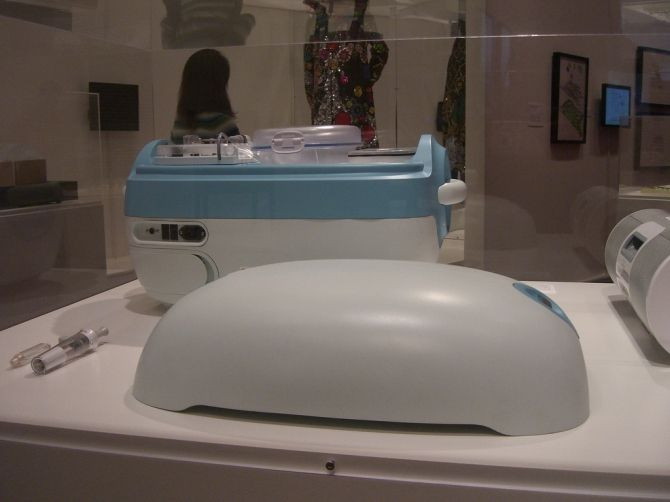For-Profit Dialysis Centers Less Likely to Give Kidney Transplants

A new study suggests that kidney disease patients treated at for-profit dialysis centers are 20 percent less likely to be referred for kidney transplants than those at nonprofit centers.
“Transplantation is not for everyone, but it is important that every dialysis patient be assessed and informed about the risks and benefits of getting a transplant” says study leader Dorry L. Segev, M.D., Ph.D., an associate professor of surgery at the Johns Hopkins University School of Medicine.
“For many patients, transplant is a more effective, life-extending and less costly treatment modality than dialysis. But in order to be transplanted, you need to be referred by your dialysis center and in many cases that just isn’t happening.”
The study also found that older, obese, uninsured, and Medicaid patients were also less likely to be informed about transplant options and referred for Kidney transplants. Overall, those who were uninformed were 53 percent less likely to be placed on a waiting list for a new organ or to receive a kidney from a living donor.
Segev and his colleagues examined the Centers for Medicare and Medicaid Services Form 2728, which requires reporting of transplant education in the hopes of encouraging physicians to at least evaluate and consider every patient for transplantation. The form tells whether or not nephrologists informed a patient about transplant options and their reason.
Examining data collected by the United States Renal Data System the researchers found that of the 236,079 adults in the United States who developed end-stage kidney disease between Jan. 1, 2005 and Sept. 24, 2007, more than 30 percent had not been informed about transplantation at the time the form was filled out.
The researchers found that in 42 percent of cases, the primary reason behind not informing the patients about transplantation was that they had not yet assessed whether the patient was a candidate for transplant.
“Given long waiting times and high death rates on dialysis, a delay in kidney transplant education for appropriate candidates leads to later referral and likely worse outcomes,” says Lauren M. Kucirka, Sc.M., a Johns Hopkins epidemiologist who co-authored the study.
Segev suggests that financial pressures to keep patients on dialysis at the centers could be driving the disparity.
Because for-profit centers are less likely to be affiliated with transplant hospitals the authors said, “many lack personnel trained specifically to conduct transplant education.”
Segev said that policy makers should consider ways to ensure that there are incentives for assessing all patients for possible transplant because transplantation for those who qualify is the less costly therapy in the long run and leads to an improved quality of life.



























